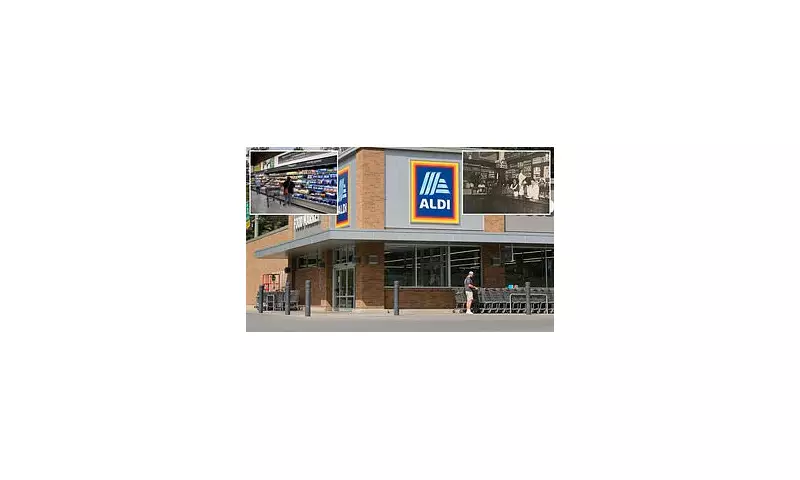
Ever found yourself pushing one of those distinctive Aldi trolleys and wondered what the name actually means? The truth behind Britain's favourite discount supermarket reveals a clever German origin story that perfectly encapsulates its business philosophy.
The German Roots: More Than Just a Name
Aldi's name originates from its founding family and original business model. The brand comes from Albrecht Diskont - combining the surname of founders Karl and Theo Albrecht with the German word for 'discount'. This straightforward naming convention reflects the no-frills approach that has become Aldi's trademark.
The Albrecht brothers took over their mother's small Essen grocery store in 1946, laying the foundations for what would become a global retail phenomenon. Their vision was simple yet revolutionary: quality products at the lowest possible prices.
The Great Split: How One Chain Became Two
In a move that would shape European retail history, the brothers divided the company in 1960 over a simple disagreement - whether to sell cigarettes at checkout counters. This division created:
- Aldi Nord (North) - run by Theo, operating in northern Germany
- Aldi Süd (South) - run by Karl, covering southern Germany
This separation continues today, with Aldi Nord operating as Aldi in countries like France, Spain, and Portugal, while Aldi Süd handles operations in the UK, Ireland, Australia, and the United States.
The British Invasion: Aldi's UK Success Story
Aldi first arrived on British shores in 1990, opening its inaugural store in Birmingham. Since then, the discount retailer has:
- Grown to over 1,000 stores across the UK
- Captured significant market share from traditional supermarkets
- Revolutionised British shopping habits with its middle aisle treasures
- Forced competitors to launch their own discount ranges
'The British consumer has embraced our model of high quality at low prices,' a company spokesperson noted in recent statements.
Secret to Success: The Aldi Business Model
Aldi's enduring popularity stems from several key strategies:
- Limited assortment focusing on best-selling items
- Efficient store layouts reducing operational costs
- Predominantly own-brand products maintaining quality control
- Minimal staff numbers and self-service approaches
- Famous 'Specialbuy' middle aisles creating urgency and excitement
This business model has not only survived but thrived, particularly during cost-of-living crises when British shoppers become increasingly price-conscious.
Beyond the Discount: Aldi's Cultural Impact
From its famous middle aisle 'finds' to its award-winning premium ranges, Aldi has transformed from a simple discount retailer into a cultural phenomenon. The supermarket has:
- Won numerous product awards against premium competitors
- Developed a loyal customer base across all income levels
- Pioneered sustainable initiatives and ethical sourcing
- Become part of British shopping vernacular
Next time you're browsing the aisles at Aldi, remember that the name represents more than just discounts - it embodies a retail revolution that began with two brothers in post-war Germany and conquered the British high street through sheer value and simplicity.





